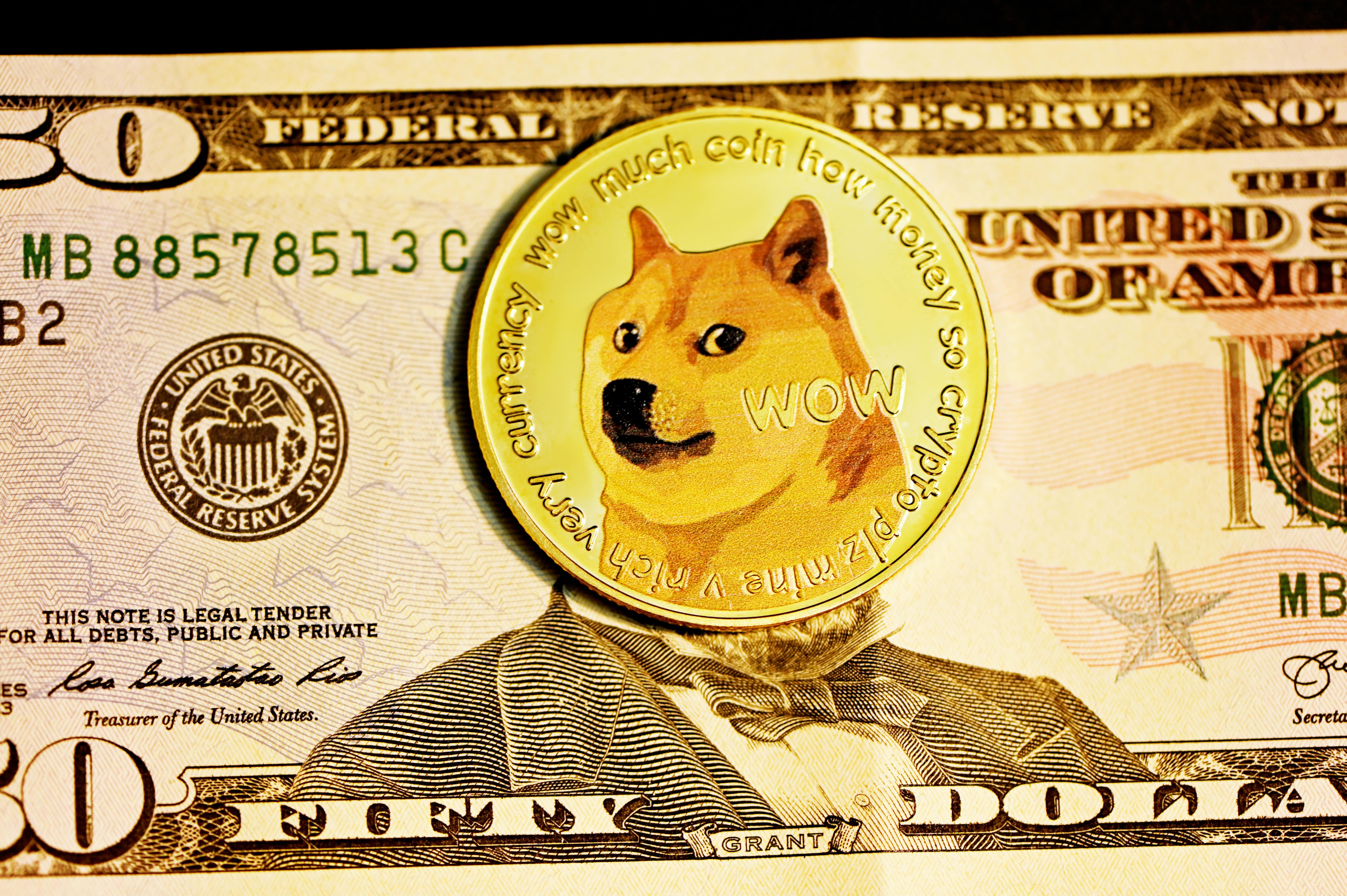Dogecoin as a Payment Method: Opportunities and Challenges

One of the main selling points of Dogecoin is that it is supposed to promote the democratization of finance. However, the idea of democratizing finance is not a new one, and there are various risks and limitations associated. This article aims to critically analyze the role of Dogecoin in the democratization of finance and explore the potential benefits and drawbacks of investing in this cryptocurrency. Get started with crypto trading using auto profit now!
The democratization of finance
The democratization of finance refers to the process of making financial tools and services more accessible to a wider range of people, regardless of their socioeconomic status or location. Historically, the financial industry has been dominated by large banks and other institutions, which have had significant control over the flow of money and the distribution of wealth.
However, the rise of technology and the internet has opened up new opportunities for democratizing finance, by providing individuals with greater access to financial information, resources, and services. This has led to the development of alternative financial systems, such as peer-to-peer lending, crowdfunding, and microfinance, which have the potential to empower marginalized communities and promote financial inclusion. The democratization of finance can also lead to greater financial literacy, as people become more educated about their financial options and are better equipped to make informed decisions about their money. However, there are also risks associated with the democratization of finance, including increased volatility, reduced regulation, and the potential for fraud or scams.
Dogecoin and Democratization of finance
Dogecoin has gained popularity as a potential means of promoting the democratization of finance, as it allows individuals to invest in a currency that is not controlled by any central authority or government. Dogecoin's decentralized structure means that it can be bought and sold by anyone with an internet connection, regardless of their location or financial status. This makes it a potentially powerful tool for promoting financial inclusion and empowering marginalized communities, as it provides an alternative to traditional financial systems that may be inaccessible or exclusionary.
Additionally, Dogecoin's low transaction fees and fast processing times make it an attractive option for people who want to make quick, low-cost transactions. However, there are limitations and potential risks associated with using Dogecoin for the democratization of finance. For example, its volatility can make it a risky investment, as its value can fluctuate dramatically in short periods of time. Additionally, not everyone has the ability or knowledge to invest in cryptocurrencies, which may limit their accessibility as a means of promoting financial inclusion. Furthermore, the lack of regulation around cryptocurrencies like Dogecoin may leave investors vulnerable to fraud or scams.
Limitations and risks of Dogecoin
While Dogecoin has gained popularity as a potential means of promoting the democratization of finance, there are several limitations and risks associated with investing in this cryptocurrency. One of the main risks is its volatility. Dogecoin's value can change dramatically in a short period of time, making it a potentially risky investment. In May 2021, for example, the value of Dogecoin soared after a series of tweets by Elon Musk, only to crash just as dramatically in the following days. This kind of volatility can make it difficult for investors to predict its value and make informed decisions about buying or selling.
Additionally, not everyone has the ability or knowledge to invest in cryptocurrencies, which may limit its accessibility as a means of promoting financial inclusion. For many people, investing in Dogecoin or other cryptocurrencies requires significant financial resources, technological expertise, and access to reliable information.
Furthermore, the lack of regulation around cryptocurrencies like Dogecoin may leave investors vulnerable to fraud or scams. Cryptocurrencies are not currently regulated in the same way as traditional financial instruments, which means that investors may not have the same protections or recourse in case of fraud or misconduct. Finally, Dogecoin mining requires a significant amount of energy and computing power, which can contribute to climate change and harm the environment. As the popularity of Dogecoin and other cryptocurrencies grows, so too does the energy consumption associated with mining them, which could have serious environmental consequences.
Conclusion
In conclusion, Dogecoin has gained popularity as a potential means of promoting the democratization of finance, by providing individuals with greater access to a decentralized currency that is not controlled by any central authority. Dogecoin's low transaction fees and fast processing times make it an attractive option for people who want to make quick, low-cost transactions. However, there are also significant risks and limitations associated with investing in Dogecoin, including its volatility, lack of accessibility for some individuals, lack of regulation, and environmental impact.
(Devdiscourse's journalists were not involved in the production of this article. The facts and opinions appearing in the article do not reflect the views of Devdiscourse and Devdiscourse does not claim any responsibility for the same.)










